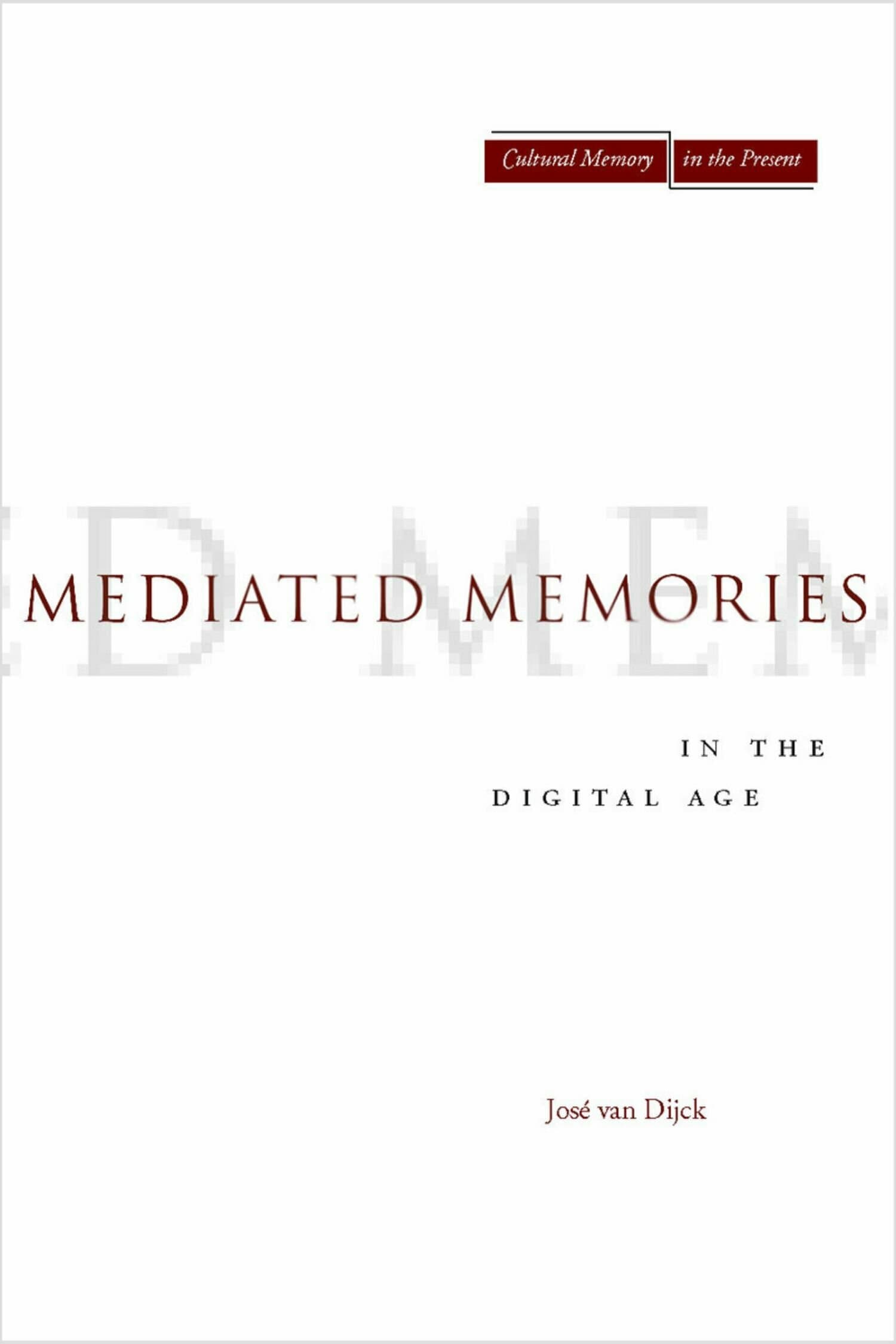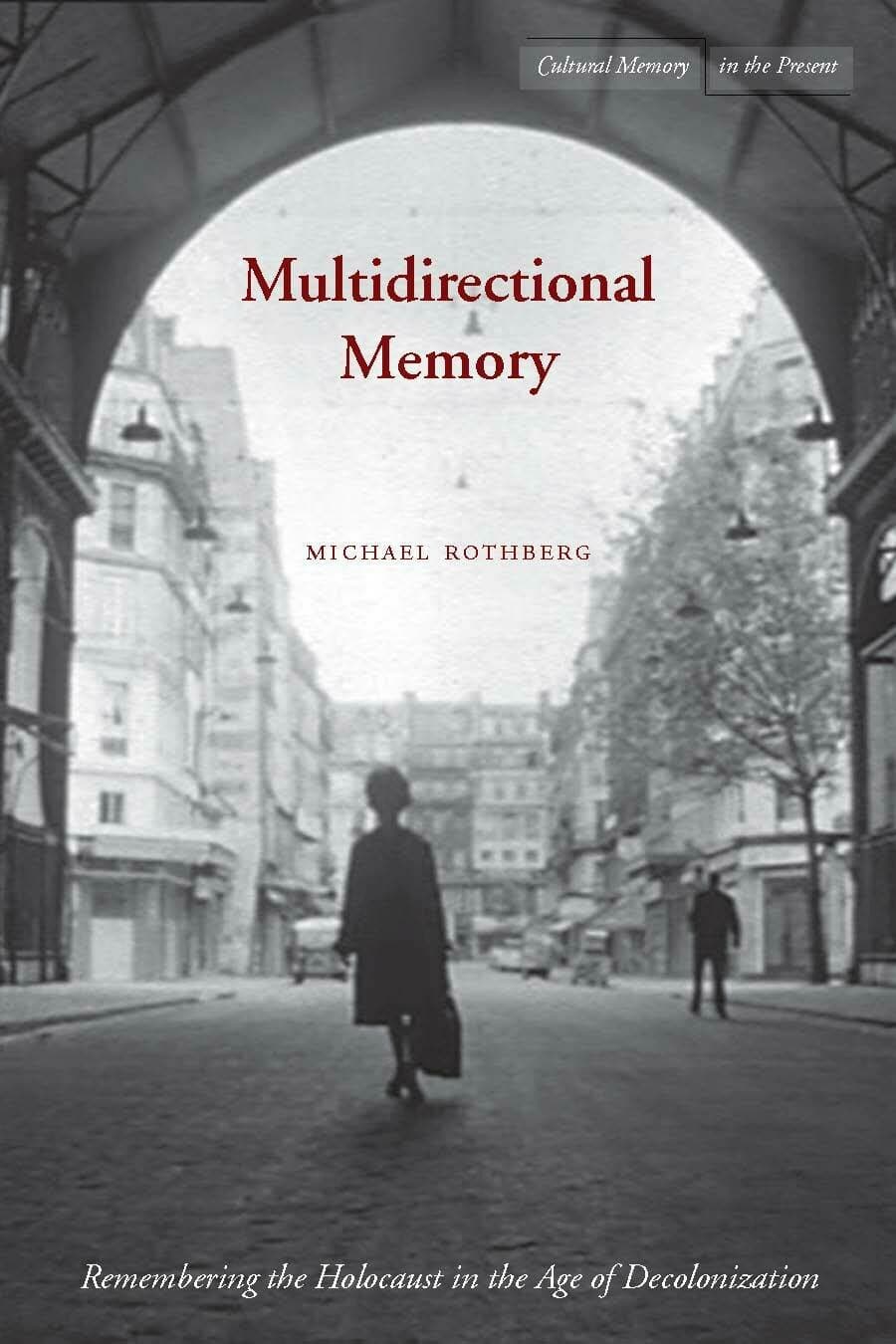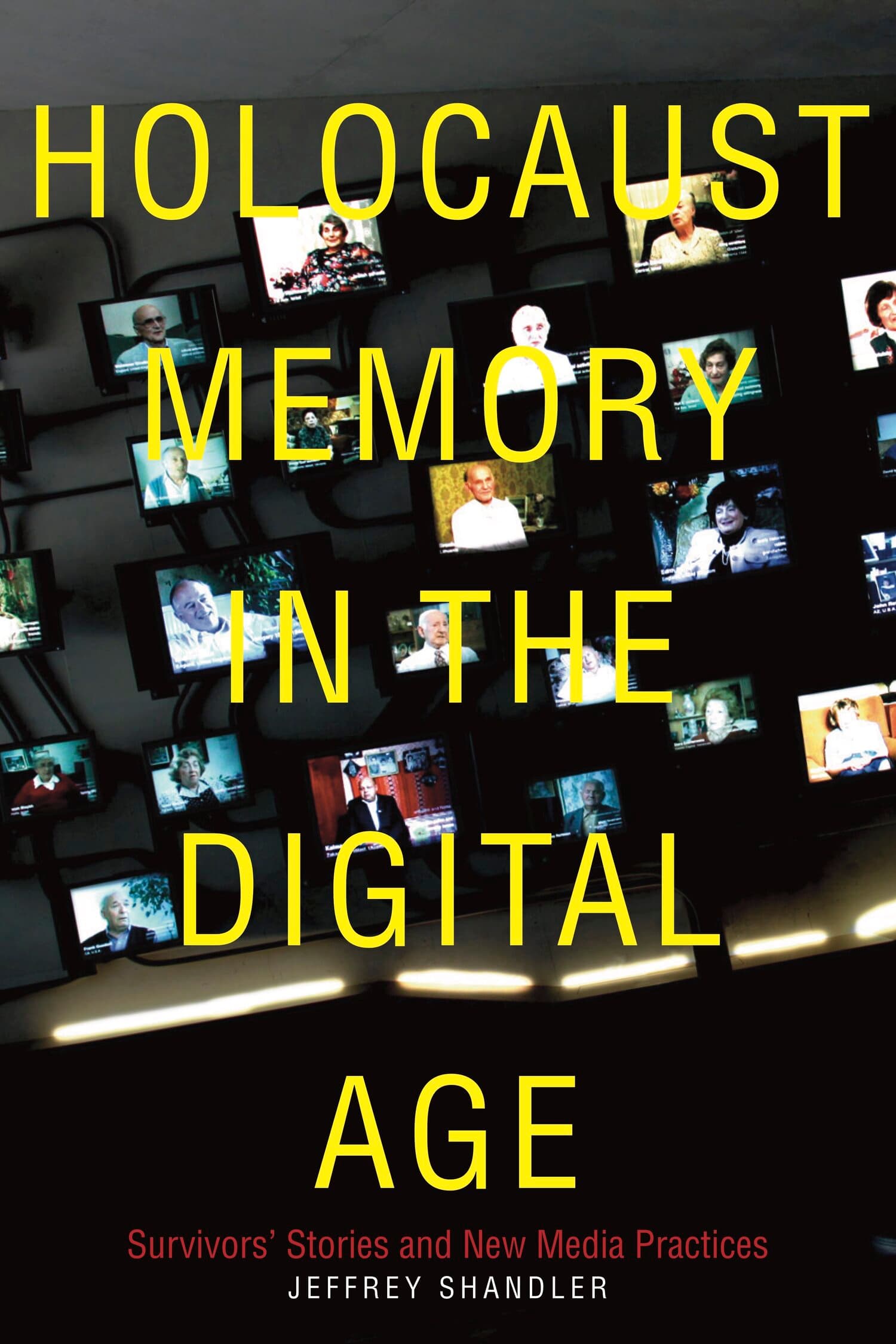Mediated Memories in the Digital Age
Also Available from

Many people deploy photo media tools to document everyday events and rituals. For generations we have stored memories in albums, diaries, and shoeboxes to retrieve at a later moment in life. Autobiographical memory, its tools, and its objects are pressing concerns in most people’s everyday lives, and recent digital transformation cause many to reflect on the value and meaning of their own “mediated memories.” Digital photo cameras, camcorders, and multimedia computers are rapidly replacing analogue equipment, inevitably changing our everyday routines and conventional forms of recollection. How will digital photographs, lifelogs, photoblogs, webcams, or playlists change our personal remembrance of things past? And how will they affect our cultural memory? The main focus of this study is the ways in which (old and new) media technologies shape acts of memory and individual remembrances. This book spotlights familiar objects but addresses the larger issues of how technology penetrates our intimate routines and emotive processes, how it affects the relationship between private and public, memory and experience, self and others.
"Van Dijck shares many fascinating insights."—CHOICE
"Mediated Memories in the Digital Age is an engaging and important book that challenges scholarly understanding of the relation between memory, memory artifacts, and memory practices and elucidates how these relationships are changing in the digital age. José van Dijck brings a theoretically sophisticated yet pragmatic approach to bear on her survey of today's most widespread digital practices of mediating memories. Her persuasive and timely thesis is solidly grounded in cultural and media studies, and her work is well informed by recent research in cognitive science, neuroscience, psychology, and visualization technologies." —Richard Grusin,Wayne State University
"The medium is the experience. A personal memory box full of private media objects was the inspiration for José van Dijck's newest and most innovative contribution to the zone between media studies and science studies where she has been such an important voice internationally. Detailing the ways that media and memory are not separate experiences through readings of the digital diaries and lifelogs of people suffering from Alzheimer's disease, Dutch recorded popular music, and still and moving images from a range of contexts, van Dijck presents an exciting new way of thinking about cultural memory and a cultural sense of self." —Lisa Cartwright, University of California, San Diego
"José van Dijck performs a sophisticated analysis that blends neurological research on memory, media technologies, and the "personal cultural" construction of memories into a coherent, far-reaching theory of the function, role, and significance of memory as we move from analogue to digital representations. Filled with deep insights and surprising observations, this book should be required reading for anyone interested in memory, digital technologies, and their co-evolution." —N. Katherine Hayles, University of California, Los Angeles




